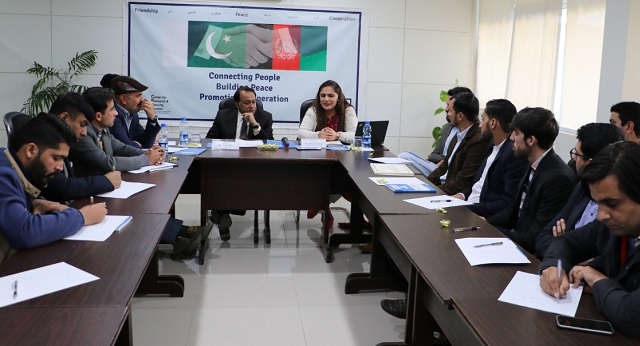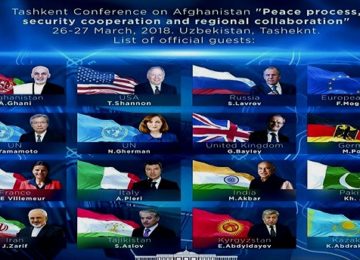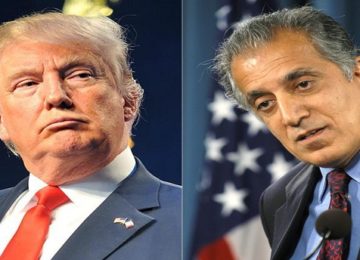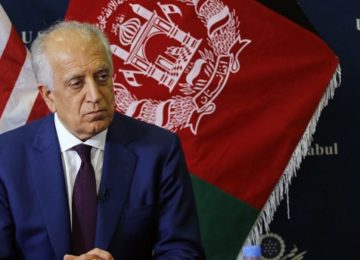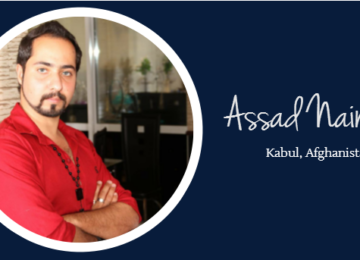December 19, 2019
One cannot change the culture and traditions in a single day; change requires time. Approaches towards attaining gender equality, mainstreaming minorities and bringing in the factor of humanitarianism have mostly been curative in nature, though there is a growing need for preventive measures. Education comes out as a pre-requisite and the most effective tool in this regard. There is a need for a broad-spectrum education and awareness programs to address these issues, otherwise symptomatic treatment would not have a long-term impact. It would just be like brushing the dust under the carpet, stated Mome Saleem, a development professional having diverse experience in different capacities.
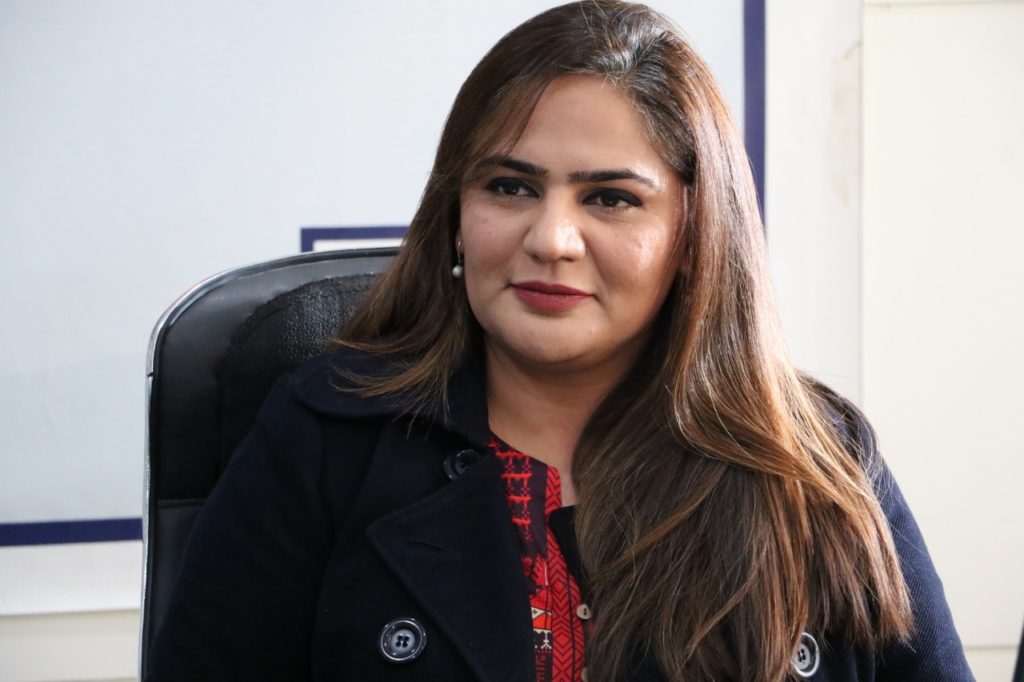
Ms. Mome Saleem was speaking to youth participants belonging to Pakistan and Afghanistan at a dialogue, organized by Afghan Studies Center, on the theme “Mainstreaming Gender, Minorities and Humanitarianism”. The dialogue had a participation of 35 young Afghans and Pakistanis (18 Afghans and 17 Pakistanis) belonging to Peshawar, Mansehra, Chitral, Mardan, Swabi, Attock, Mandi Bahauddin in Pakistan and Kabul, Baghlan, Mazar-i-Sharif, Ghazni, Laghman, and Nangarhar in Afghanistan.
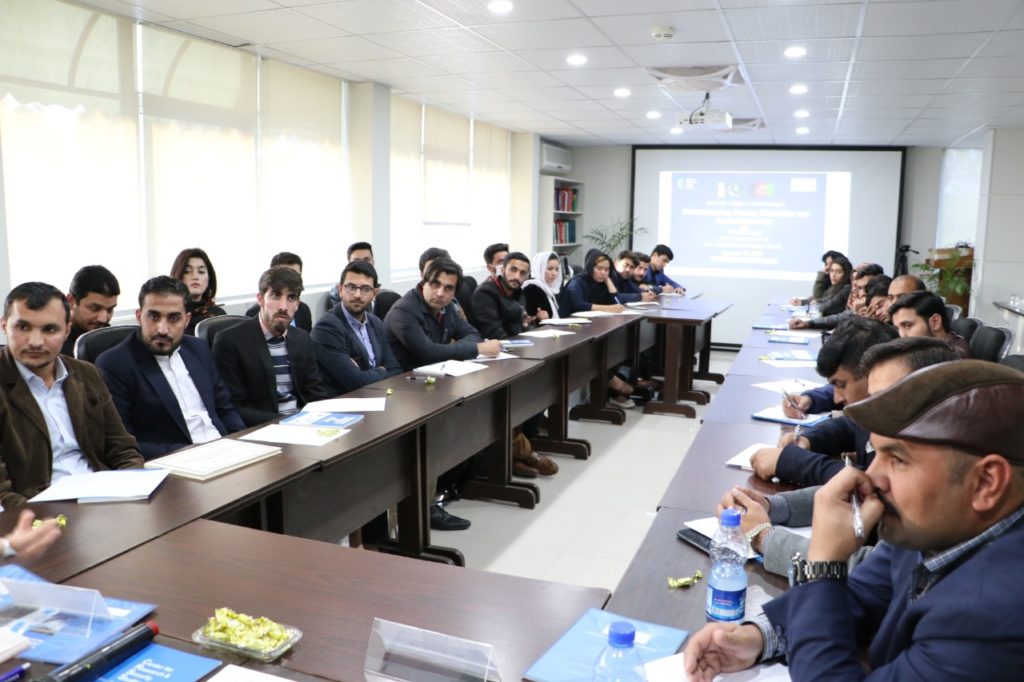
While differentiating the concepts, she apprised the participants that “sex” is the biological difference between women and men, which is universal. However, “gender” is assigned to the people through social structures. The social differences or roles allotted to women and men are learned as we are growing up; they change over time, and depend on the culture, ethnic origin, religion, education, class and the geographical, economic and political environment that we live in. While defining minorities, she said that it is not just about numbers, but more about not having power or a say in the decision-making process or influence within the social fabric.
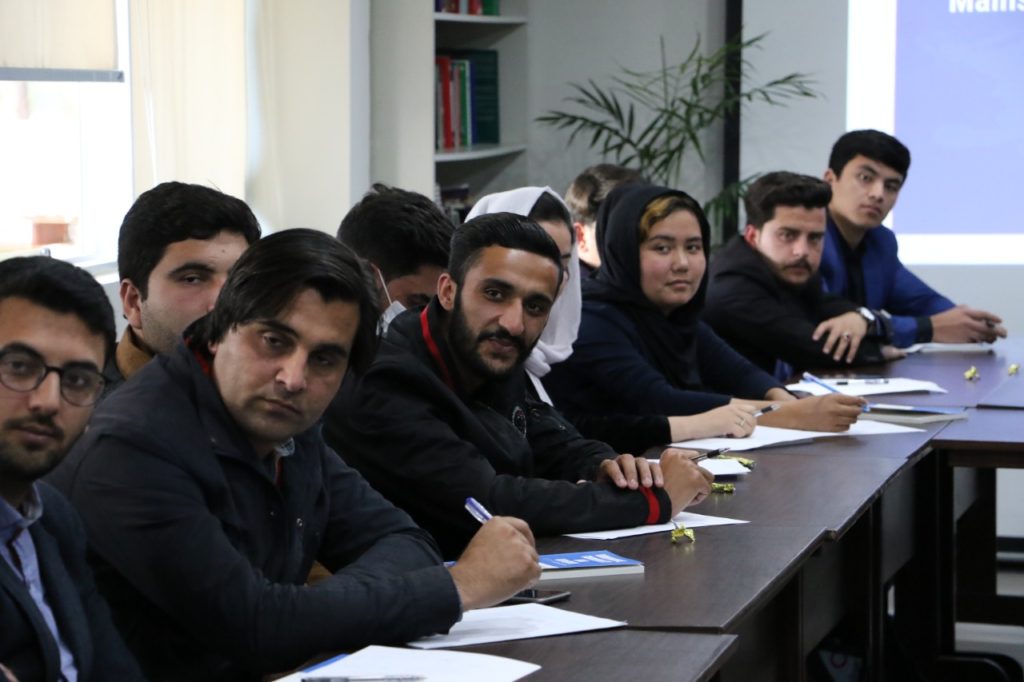
Ms. Saleem further stated that the impetus for such issue lies in the social structures, institutions, values, traditions and beliefs which create and perpetuate the disparity between women and men. The problem is not how to add women to various processes but to redesign these processes to generate the space for women and men’s involvement, working side by side for sustainable development. Gender mainstreaming starts with a scrutiny of the everyday life situation of both women and men. It makes their contrasting needs and problems visible, ensuring the policies and practices are not based on misfit assumptions and stereotypes. It also shows that women and men are not a homogeneous group; but both with different needs.
Additionally, she stated that discrimination against women and minorities can be divided into two categories i.e., structured and unstructured. Unstructured discrimination encompasses the attitudes, behaviors etc., while structured discrimination is when these concepts translate at a policy level. So, there has been a lot of progress in the domain of structured discrimination across the globe, where appropriate representation with respect to gender and minorities have been ensured. Rules and regulatory frameworks have also been introduced to facilitate women and minorities. However, much has to be done in the unstructured area, which includes the the change in attitudes, behaviors and sensitivity.
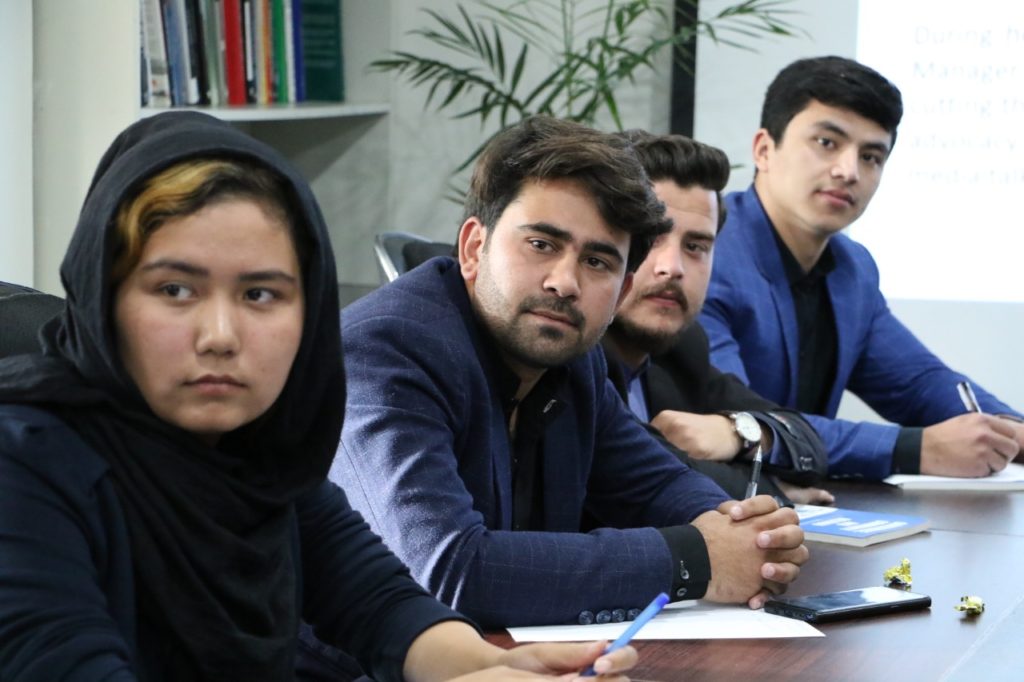
Equal participation of women and men in all aspects of the society is crucial for lasting growth and democracy. It also symbolizes a society’s level of political maturity. Unfortunately, both in Pakistan and Afghanistan, this ambitious goal is far from being a reality. To work towards a more just society in terms of gender, minority and humanitarian aspect, every policy must be analyzed on these lines before the implementation phase, she added.
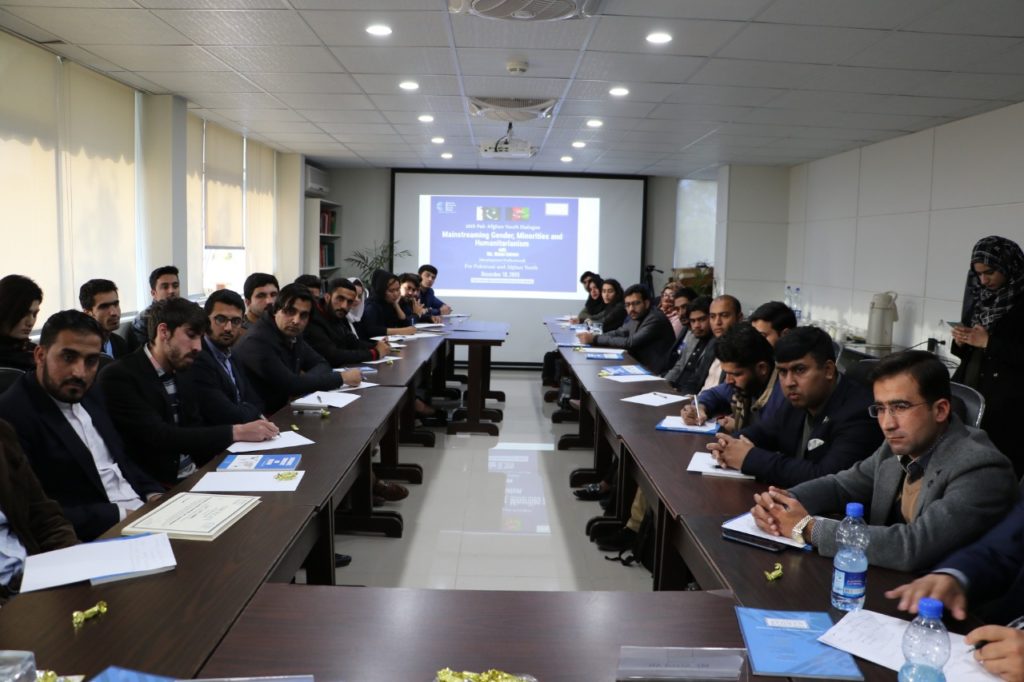
In the interactive Q & A session, the participants were of the view that the youth do not need to keep waiting for a platform to play a constructive role, but do whatever they can, in their capacity towards a positive change. Participants further discussed issues pertaining to marginalized groups such as transgenders, women that have not received any education, and religious and ethnic minorities in both countries.
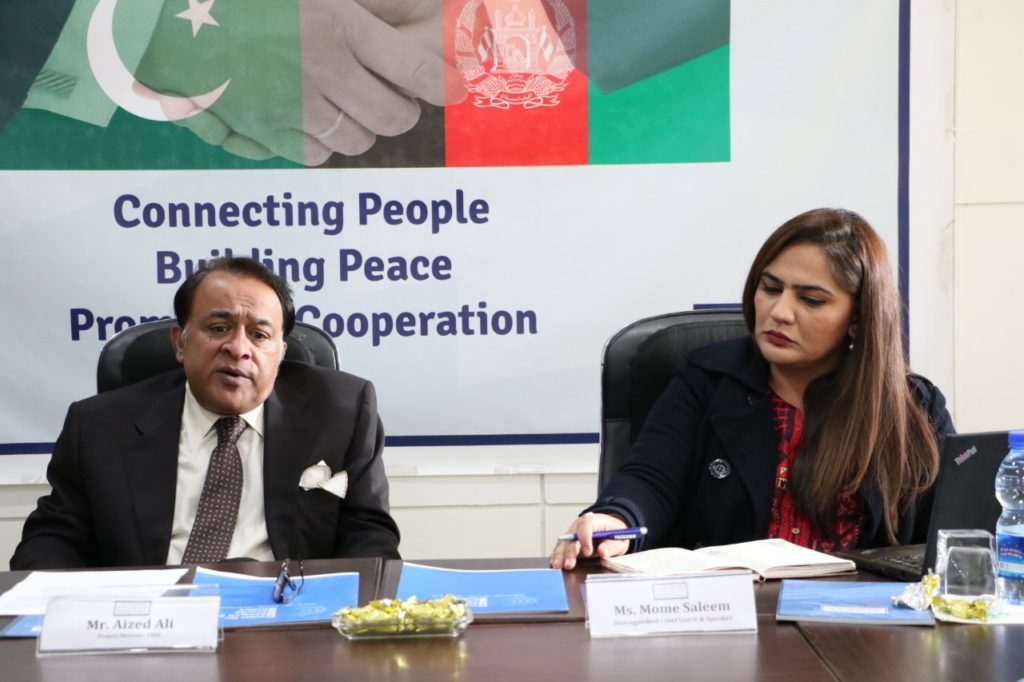
CRSS Project Director Mr. Aized Ali apprised the participants about the ongoing CRSS Pak-Afghan Track 1.5/II Initiative ‘Beyond Boundaries’ which has so far convened 17 high level meetings between the two Pak-Afghan influencers’ groups, to bridge the gulf of mistrust and improve bilateral relations between Pakistan and Afghanistan. He told the participants that the Afghan Studies Center emerged from this initiative, aiming to provide the youth of both countries a platform to inculcate critical, creative and out of box thinking, and to dispassionately interact and exchange ideas as they emerge as future leaders and ambassadors of peace.
At the end, the ASC team nominated Mr. Ismail Ahmed from Pakistan as the 26th Pak-Afghan Youth Ambassador. He was presented a shield by the Chief Guest, Ms. Mome Saleem. Project Director Mr. Aized Ali also presented an honorary shield of appreciation to the Chief Guest. The session ended with a group picture.
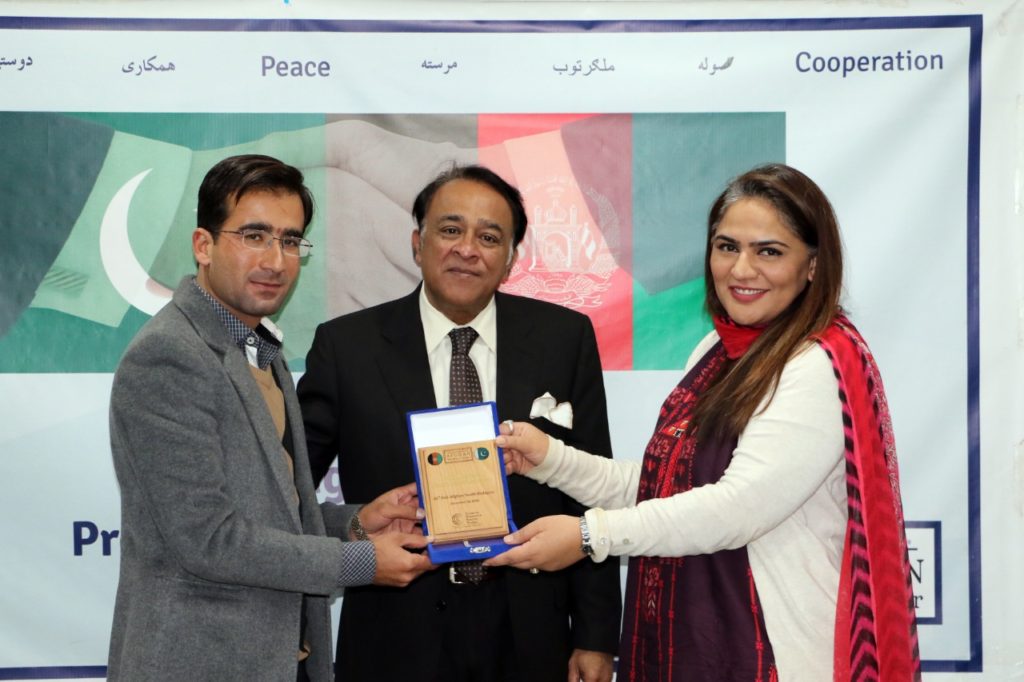
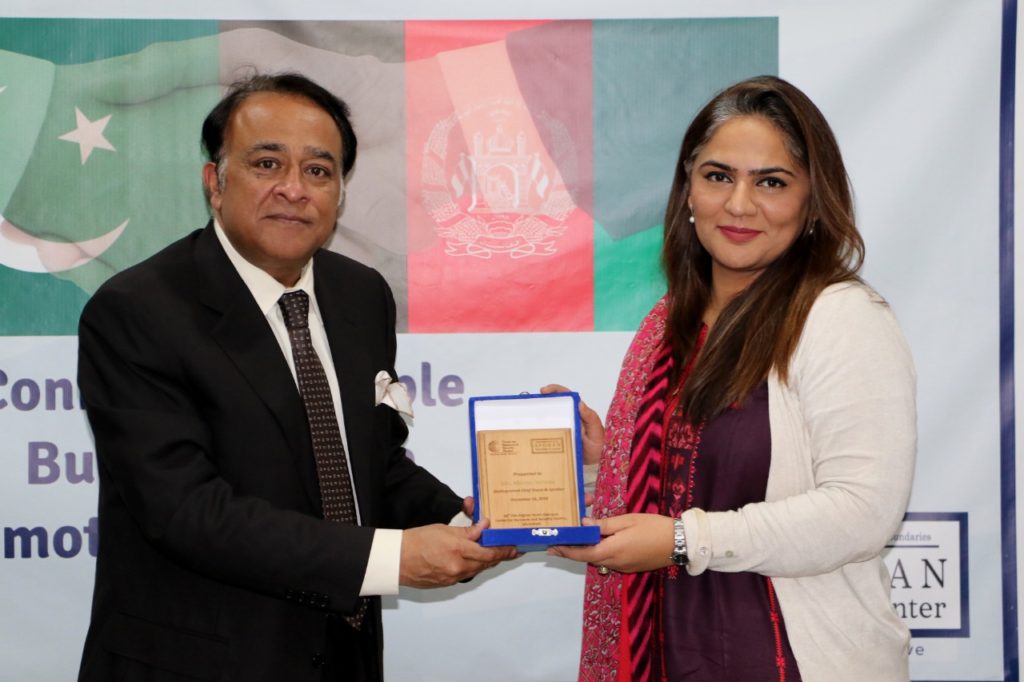
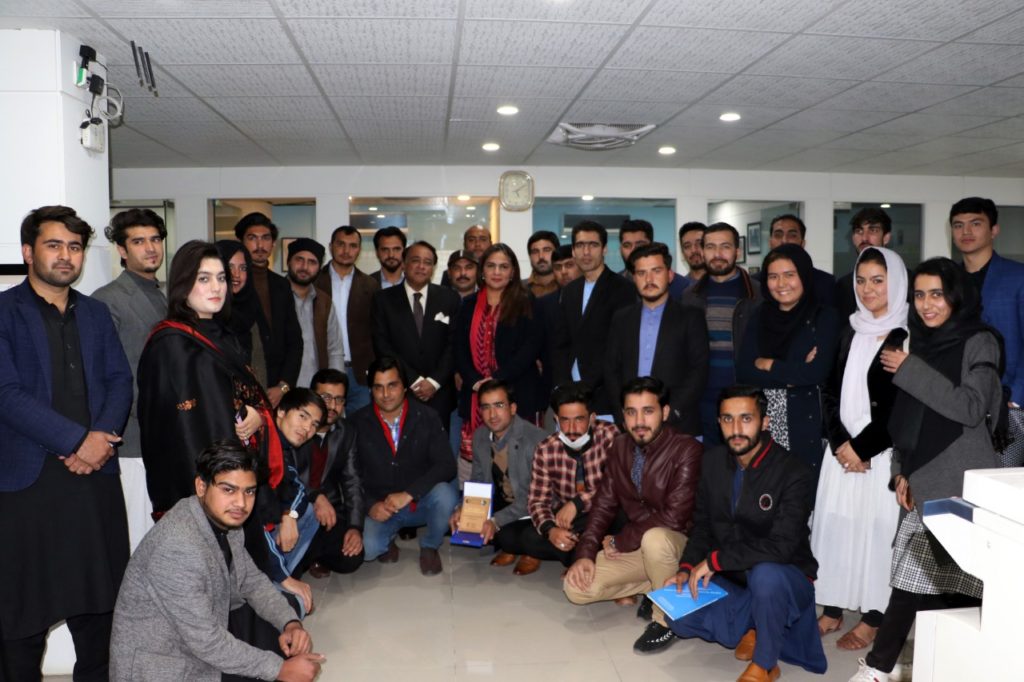
The youth dialogue was Afghan Studies Center’s 26th in its series which has alumni of over 2000 Pakistani and Afghan youth. It was established in April 2017 and has been working towards the cause of enhancing people to people contact and improving perceptions and social narratives between the two nations.



